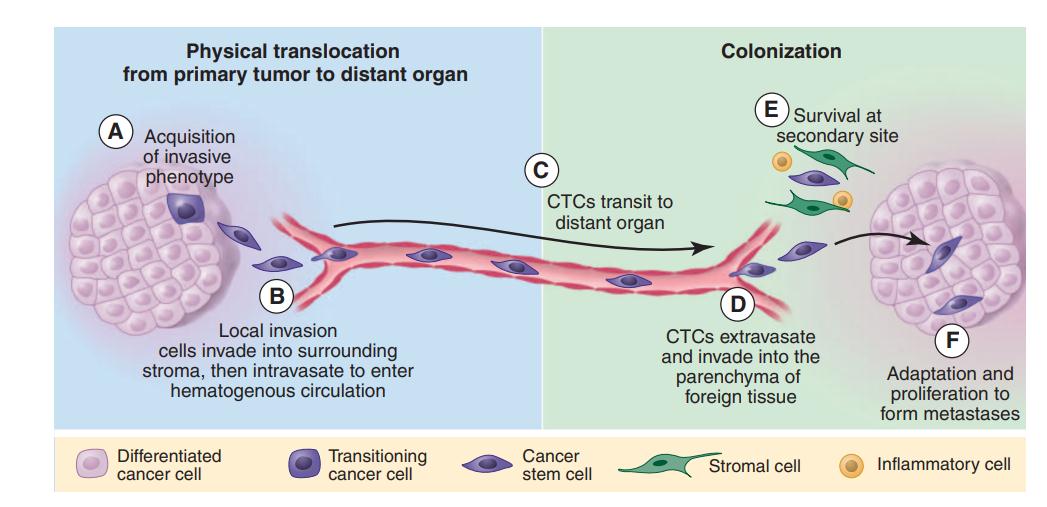In recent decades, people's understanding of cancer has deepened, and molecularly targeted drugs targeting driver genes have been continuously developed and applied and have become an important treatment method alongside surgery, chemotherapy, radiotherapy, and targeted therapy. However, cancer cells have their characteristics and will continue to metastasize and spread. Under suitable conditions, cancer cells can proliferate indefinitely and become "immortal" immortal cells. Compared with the normal tissue of its origin, cancer cells have reduced adhesion between cells, making them easy to disperse and metastasize in the body. Fibronectin in the regular coat is an extracellular adhesion glycoprotein that enhances cell adhesion to the extracellular matrix. The fibronectin of cancer cells is significantly reduced or absent, and the synthesis of cadherin is blocked, thereby destroying the adhesion between cells and matrices and between cells and cells. Hence, cancer cells have the properties of easy tissue invasion and metastasis.
Tumor cell metastasis is regarded as the "deadly killer" of cancer. Cancer metastasis refers to the transfer of cancer cells from a primary tumor to other organs or parts of the body, resulting in secondary tumors. This process called cancer metastasis is responsible for the vast majority of cancer deaths, and researchers have found that 90 percent of cancer-related deaths are caused by metastasis; However, most cancer patients receive treatment; their tumors continue to grow. Oncologists have long recognized the spread of cancer cells through the bloodstream. They have worked to develop reliable and sensitive assays to detect cancer cells and their components in bodily fluids and determine their clinical utility. But large-scale metastatic studies have been impractical due to the complexity of in vivo models; scientists still don't know how and when it happens. Therefore, studying the metastasis of cancer cells is crucial to controlling and treating tumors.

Liposome nanoparticles (NPs) can serve as an ideal platform for the systemic delivery of immunomodulators. In recent years, researchers have developed a unique approach to targeting and killing cancer cells in the blood, based on using a nanoliposome-based material that mimics the cytotoxic activity of natural killer cells and increases the surface area available for delivery of receptor-mediated signals. The method targets cancer cells by functionalizing white blood cells in the blood using nanoliposomes and kills cancer cells that are metastasizing in the blood. This mobile functionalized leukocyte has been demonstrated to treat metastatic cancer cells in flowing blood in vitro, showing great potential in cancer therapy, and is expected to become a new direction in cancer therapy.
Profacgen is a state-of-the-art protein service provider. We provide custom protein services in the biological sciences, enabling access to the latest tools, techniques, and expertise with competitive pricing and rapid turnaround time. We serve a broad spectrum of industrial and academic clients committed to delivering high-quality data and customer services.
Please do not hesitate to contact us for more details if you are interested in this new method, and we will provide a considerate service for you. At the same time, we also offer other services and biomarker products; please move to our website for more details.
Reference
Fill out this form and one of our experts will respond to you within one business day.